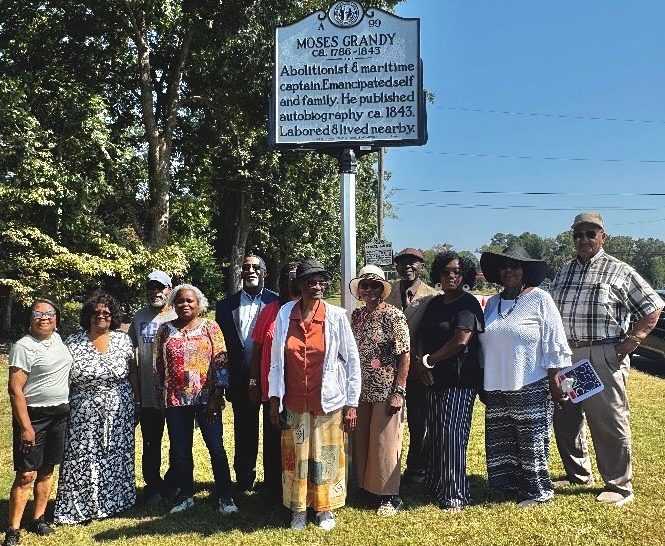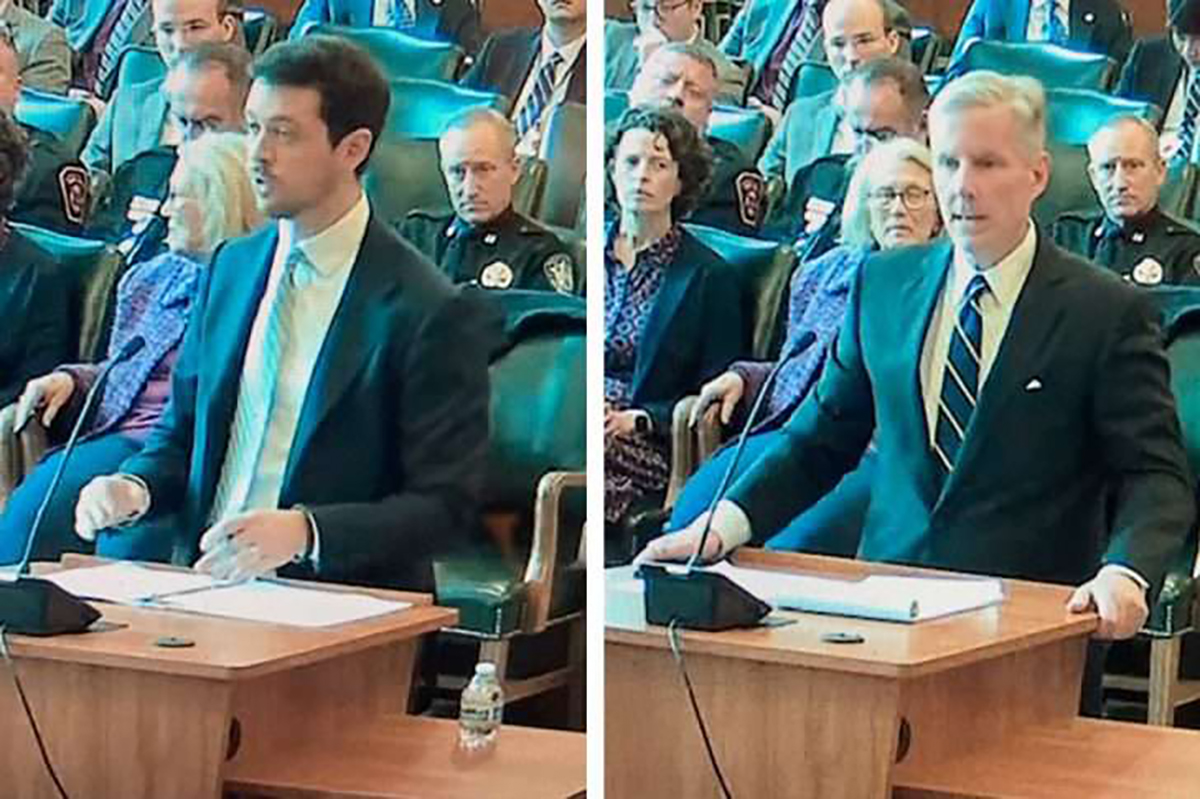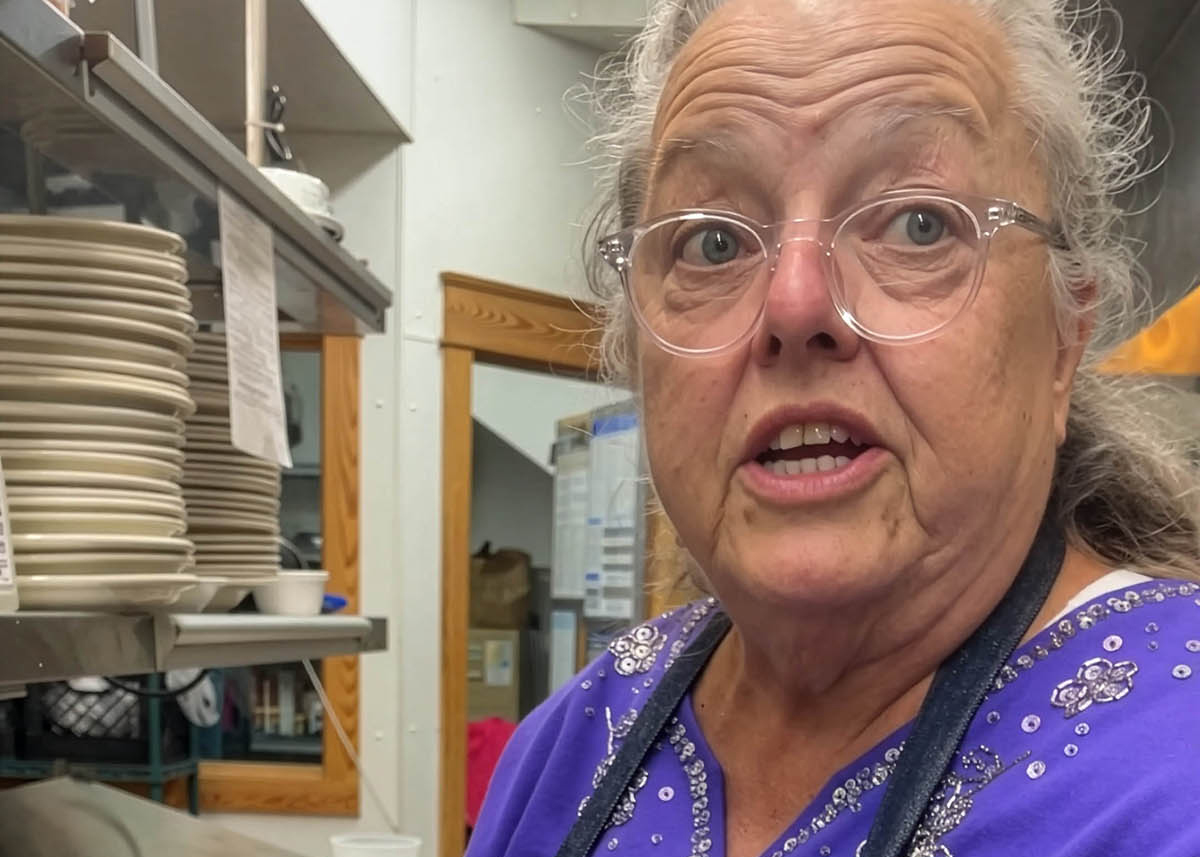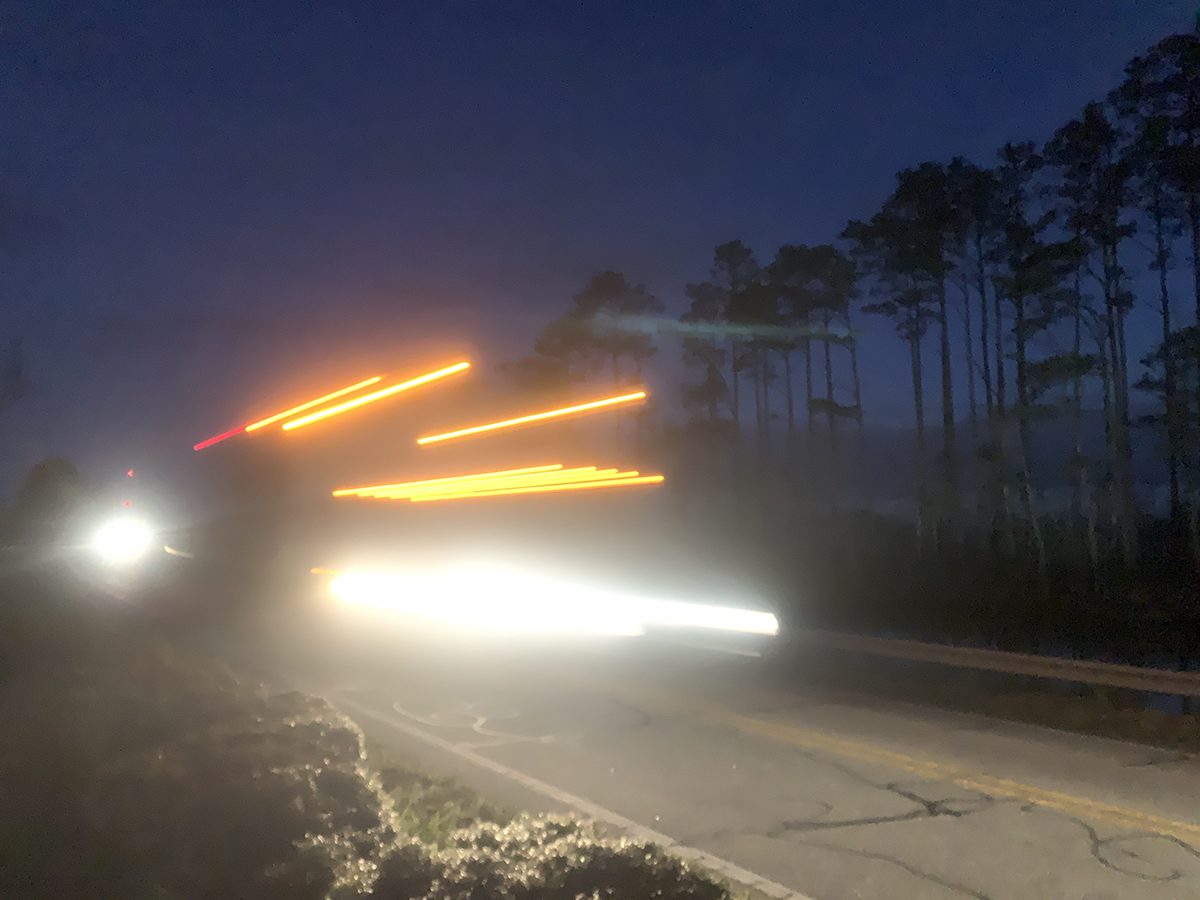
COLUMBIA — The only wild red wolves in the world have been thrown a lifeline for Christmas.
The North Carolina Department of Transportation has been awarded $25 million to construct wildlife crossings that can provide safe passage for the critically endangered species, the U.S. Federal Highway Administration announced Dec. 20.
Supporter Spotlight
Only 17 to 19 of the red wolves are believed to remain within the designated 1.7 million-acre recovery area made up of public and private lands in six northeastern North Carolina counties.
Despite renewed success in recent years under U.S. Fish and Wildlife Service management, the wolves’ survival has been threatened by numerous vehicle collisions on a main route to the Outer Banks, a popular beach resort area.
“Red wolves are one of the most endangered animals on the planet, and for the last four years, vehicle strikes have been their number one source of mortality,” Ron Sutherland, chief scientist at the nonprofit Wildlands Network, said in an email. “Building the first set of wildlife road crossing structures on US 64 through Alligator River National Wildlife Refuge is a vital step towards pulling the red wolves back away from the edge of extinction in the wild.”
Habitat loss and overhunting in the 20th century had decimated the population of red wolves, which had once roamed much of the Southeastern U.S. In 1980, the red wolf, which is a separate species than its cousins the gray wolf and Mexican wolf, was declared extinct in the wild under the Endangered Species Act.
Seven years later, four pairs of captive-bred red wolf pups, offspring of a few wild red wolves captured earlier in Louisiana, were released at Alligator River National Wildlife Refuge.
Supporter Spotlight
Through a series of innovative management techniques, the population of red wolves in the recovery area rebounded to as many as 120 or so. But after 2010, the program lost much of its political and public support, and management measures were scaled back.
As a result, the wild population crashed to as few as seven known red wolves, as well as 20 or more un-collared red wolves. Numerous lawsuits by nonprofit conservation groups resulted in restoration of the program by 2022 and successful reintroduction of pups into the wild. Sadly, vehicles deaths have undone much of the population’s recovery momentum.
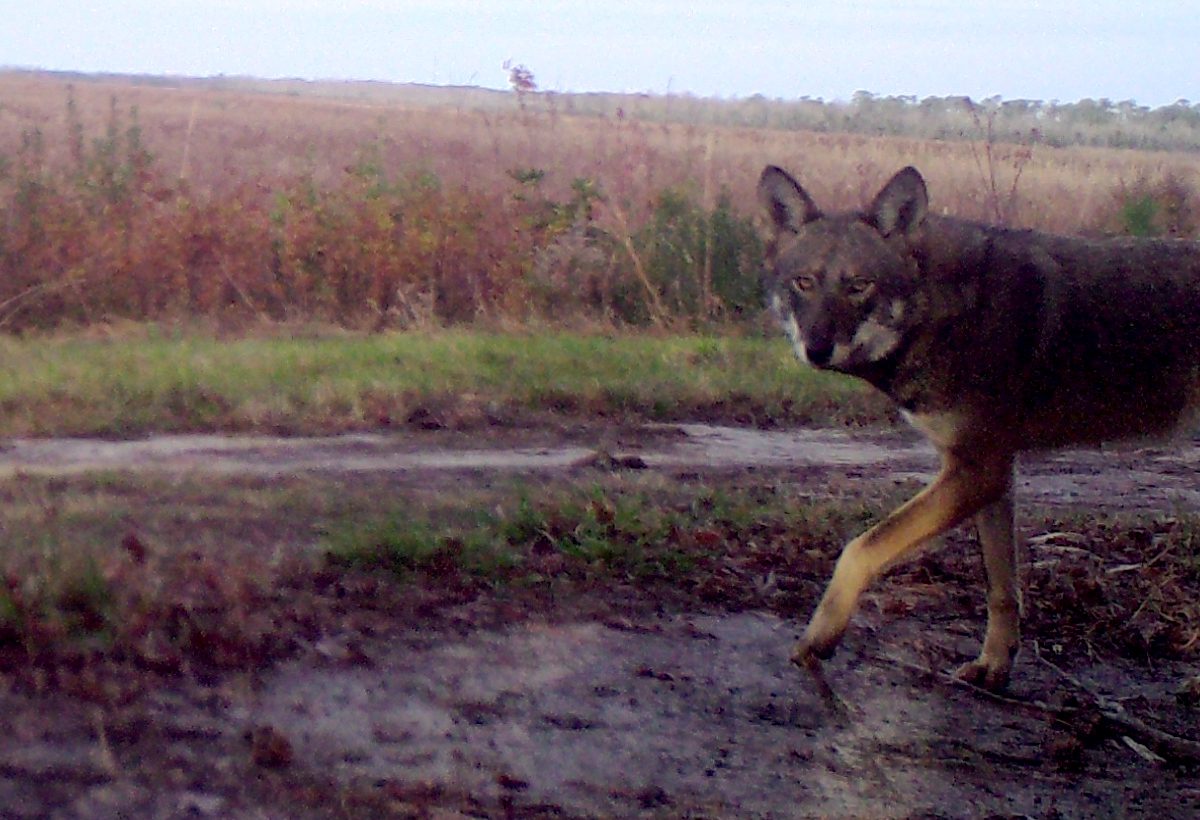
The grant from the Wildlife Crossings Pilot Program will provide funds to build 11 wildlife underpasses of various sizes along sections of the highway through the refuge, according to a Dec. 20 press release from the Defenders of Wildlife.
“We know the benefits wildlife corridors can provide to species traversing our state’s roadways, and perhaps none are in more need of safe passage than Red Wolves,” Ben Prater, Defenders’ Southeast program director, said in the release. “In the face of environmental changes that are increasingly transforming and fragmenting the landscape, this funding comes at a critical time, when we have the opportunity to make our roadways safer for motorists and wildlife alike.”
As part of the 2021 Bipartisan Infrastructure Law, the five-year program included $350 million for grants awarded competitively to states, tribes and federal agencies, the release said.
For 2024, Federal Highways awarded $125 million for 16 grants to design and build new wildlife crossings around the country. NCDOT applied in September for funds to build crossings and associated fencing to guide animals to the crossings on a key stretch of U.S. 64 that for years has been a hotspot for Red Wolves, bears and other species being struck by vehicles.
Construction of the wildlife passages will also be supported by $4 million in private donations raised by the Center for Biological Diversity, Wildlands’ Network and an anonymous donor.
NCDOT applied in September for funds to build crossings and associated fencing that would guide animals to the crossings. The agency is contributing more than $6 million in matching funds for the project. The Volgenau Foundation, the Felburn Foundation, and the Animal Welfare Institute also provided a total of $305,000.
“Marissa Cox and her team at NCDOT prepared an excellent proposal, with help from Joe Madison at US Fish and Wildlife Service and Travis Wilson at NC Wildlife Resources Commission,” said Nikki Robinson, North Carolina project manager at Wildlands Network. “We’re also really thankful that NCDOT Secretary Joey Hopkins gave this effort his strong and enlightened support.”
As Sutherland added, not only will the project save numerous other animals from vehicular demise, it will also spare many humans the injuries and damages inflicted by striking the creatures.
“The wildlife road crossings that will be built with funding from Federal Highways will benefit not just red wolves but all kinds of other wildlife too. US 64 cuts right through the top end of the immense and biologically diverse Alligator River National Wildlife Refuge, and the combination of busy beach highway and high density of wildlife leads to carnage on the asphalt every year.”
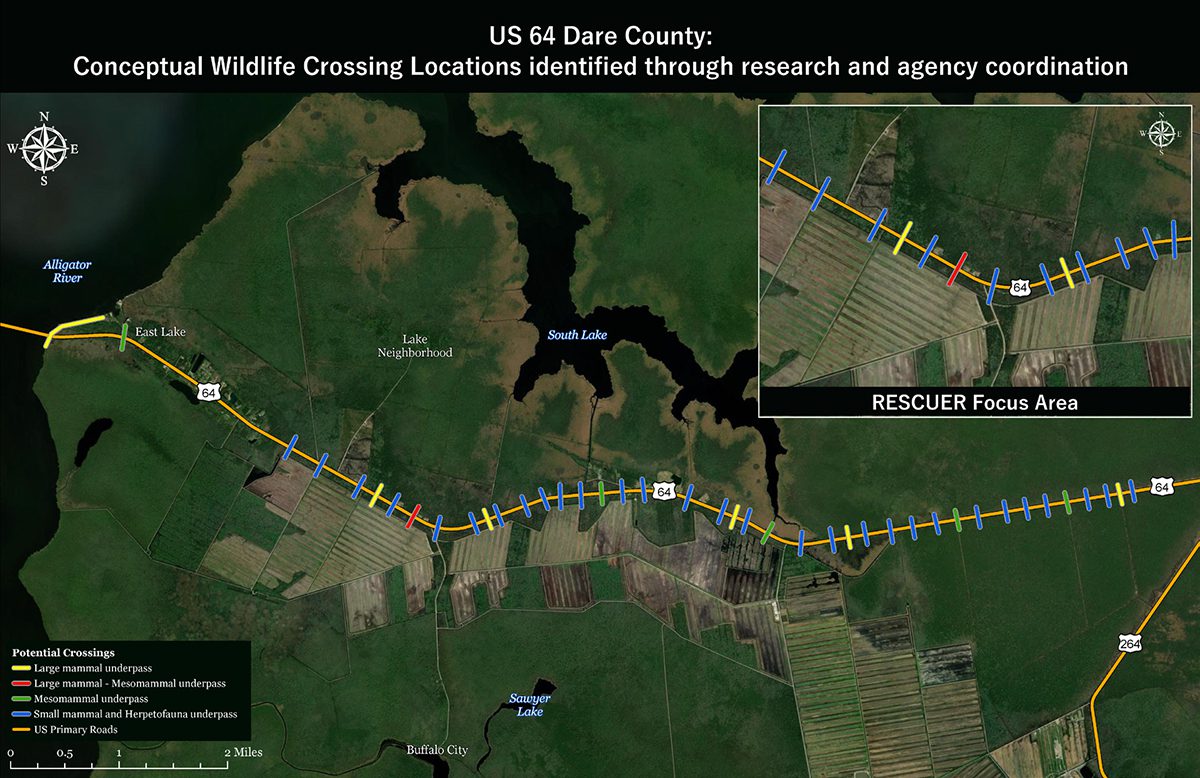
As many as 22,000 collisions with large wildlife were reported annually between 2021-2023 in North Carolina, resulting in 20 human fatalities, 2,754 injuries and more than $200 million in damages.
Within the last five years, six red wolves have been struck and killed by vehicles on U.S. 64. A notably tragic loss happened in June 2024, when the death of a breeding male red wolf on the highway led to the deaths of his five young pups in the wild.
A daily roadkill survey conducted by Wildlands starting Aug. 1, 2024, counted to date more than 2,400 dead animals on U.S. 64, including bears, birds, bats, deer and, among others, more than 700 each of turtles and snakes and 600 frogs, Sutherland said.
A 2008-2011 study along U.S. 64, done for NCDOT by Virginia Polytechnic Institute and State University, determined that 890 black bears, which can exceed 600 pounds, crossed the road from March 2009 to March 2011 in the 147,432-acre Alligator River refuge. In addition, the study found 15 GPS-collared black bears crossed the highway 99 times over three years.
“Providing wildlife with safe passage under US 64 will save thousands and thousands of animal lives each year,” Sutherland said.



